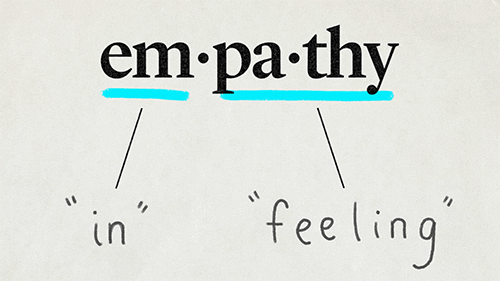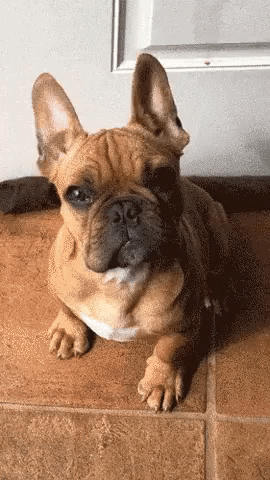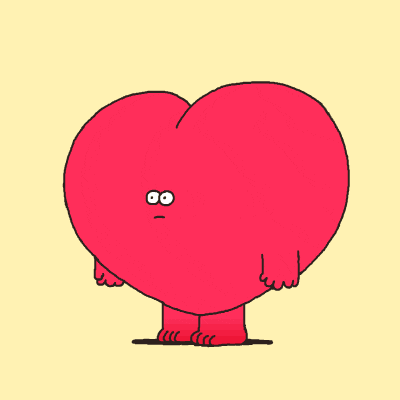Why don’t some people seem to care when they have hurt us?
When you have LOTS of empathy for others, it’s a strong motivator to not cause harm because you can feel the impact of the harm. You care. It makes you feel bad and want to make amends and do things better in the future.
Not everyone has this experience, however. The ability to “feel with” other’s emotions happens on a spectrum. Some of us (loosely assessed at 20% of the population) are highly empathetic. An even smaller percentage of us, like yours truly, are “super empaths” (a recent study says 1-2% of people).

The problem is that we assume other people are just like us.
But there are 80% of folks who don’t have as strong a sense of empathy–somewhat less to a LOT less. They simply don’t really *get* it when they cause hurt. It’s like folks who don’t have a strong reaction to spicy food and can eat lots of it compared to those who feel spice very strongly and need the heat turned way down.
When you are an empathetic person, you subconsciously believe that others will respond to the same behavioral cues that you do. In other words, if YOU would respond to a hurt friend by listening deeper and apologizing and taking ownership of your part, you naturally assume other people will react this way, too.
So when you’re hurt, you try to show other folks the hurt, hoping they will respond like you do. But folks with lower levels of empathy won’t be cued by that trigger. They won’t notice or they won’t respond with an outreach of care.
But this does not compute for you. How can they be this way? They must not have understood. You keep raising the flag, waiting for them to respond. But they don’t. The cycle repeats.

If you don’t interrupt it and decide to accept that the other person just isn’t going to repair with you, it can push you into perpetual victimhood. You think pointing at the wound means the world will respond with care and attention. But when someone doesn’t, even after you’ve made your best attempts to communicate the harm, it’s time to move on.
Continuing to wait for recognition of the injury from people who just won’t get it actually creates more harm for you. You continue not being seen, not being validated, not getting what you need.
Sometimes we just have to accept that we are digging a dry well. Stop digging there and get out of the hole, my friend.
So what else can you do with this unrecognized hurt?
If you catch yourself saying, “Why can’t they just apologize? Why does she keep judging me? Why can’t he understand how ghosting me makes me feel like crap?”
Then, it’s time to ask, like Missy Elliot did, “Is it worth it? Let me work it. Put my thang down, flip it and reverse it.”

Put the focus back on yourself. Validate your own emotions.
“I feel angry. I feel sad. They hurt me and they don’t see it, but *I* do. My hurt is valid.”
Accept your own internal thoughts, make space to feel your emotions, and give yourself some nurturing through a self-hug or a kindness like curling up with a warm blanket.
When we can validate ourselves instead of waiting for the validation from others who won’t (or can’t) give it, we can begin to declutter the thoughts and relationship patterns that keep us stuck.
For more on decluttering your relationships, check out this post about how we put more energy into relationships that don’t deserve it just because of previous time investment and why to not do that.
